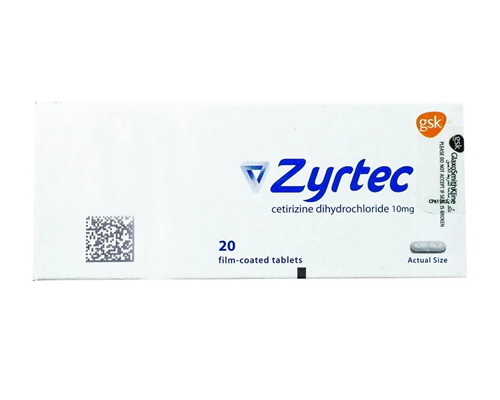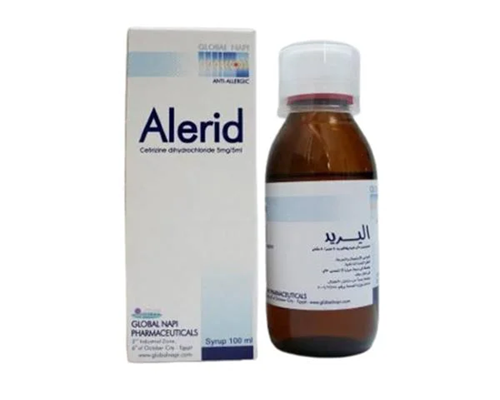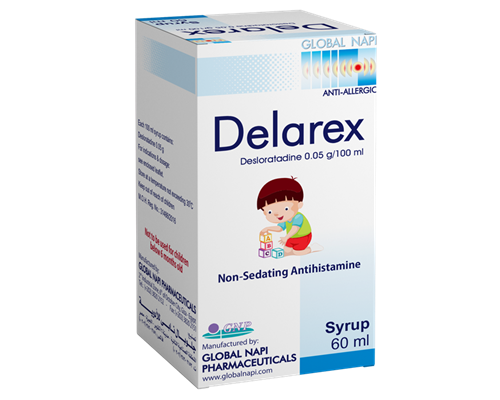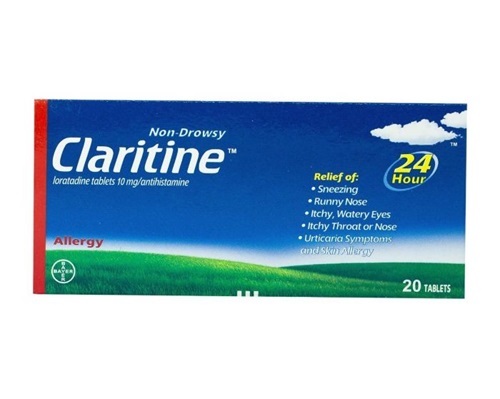Description
Tradename:
Anallerge
Compound:
Each tablet contains:
chlorpheniramine maleate 4 mg.
Auxiliary components:
lactose, talc, magnesium stearate, sodium benzoate.
Properties:
Chlorpheniramine maleate is a phenothiazine derivative with pronounced antihistamine and sedative properties; is an antagonist of H1 receptors and thus acts on capillaries, reducing the permeability of their walls, quickly narrows the lumen of blood vessels and relieves swelling. Relieves hyperemia of the mucous membrane of the nasal passages, paranasal sinuses and nasopharynx. It has pronounced local anesthetic properties.
Indications:
Symptomatic treatment of a variety of allergic conditions including urticaria, hay fever, food and drug allergies, insect stings, vasomotor rhinitis and angioedema.
Directions for use and dosage:
Inside, after eating.
Adults: 4 mg every 4-6 hours, maximum daily dose 24 mg per day.
Children:
From 3 to 5 years – 1 mg every 4-6 hours, maximum dose 6 mg per day or as prescribed by a doctor.
From 6 to 12 years – 2 mg every 4-6 hours. maximum dose 12 mg per day.
For older people, the dosage regimen is the same as for adults, but they may be prone to side effects on the central nervous system.
Contraindications:
Children under 2 years of age.
Children under 6 years of age – only as prescribed by a doctor.
Hypersensitivity to the components of the drug.
Patients taking monoamine oxidase inhibitors within the previous 14 days.
Precautionary measures:
Alcohol and antidepressants can enhance the sedative effect of chlorpheniramine.
Use with caution for: epilepsy, prostatic hyperplasia, urinary retention, glaucoma, liver diseases, bronchitis, thyrotoxicosis, increased intraocular pressure, severe hypertension, severe cardiovascular diseases and bronchial asthma. Patients with hereditary lactose intolerance or glucose-galactose malabsorption should not take this medicine.
Pregnancy and lactation: Safety during use during pregnancy has not been established. Use as prescribed by a doctor is allowed if the potential benefits to the mother outweigh the potential risks to the fetus. Use during the 3rd trimester may result in premature birth.
The drug may be excreted in breast milk. Use in nursing mothers is not recommended due to side effects in newborns. Antihistamines can suppress lactation.
Chlorpheniramine causes drowsiness, dizziness, blurred vision, and disturbances in perception. Therefore, patients are advised not to drive or operate machinery while taking chlorpheniramine tablets.
Side effects:
Rarely – palpitations, tachycardia, arrhythmia, hypotension, hemolytic anemia, headaches, tinnitus, increased viscosity of bronchial secretions, chest tightness, muscle weakness, hypersensitivity reactions, photosensitivity and skin reactions, for example, urticaria, hepatitis (jaundice), depression . Sedative effect from gradual drowsiness to deep sleep. Sometimes – blurred vision, nausea, vomiting, diarrhea, abdominal pain, dyspepsia and anorexia; dry mouth, urinary retention.
Storage method:
Store at a temperature not exceeding 30 degrees, in a dry place out of reach of children.









